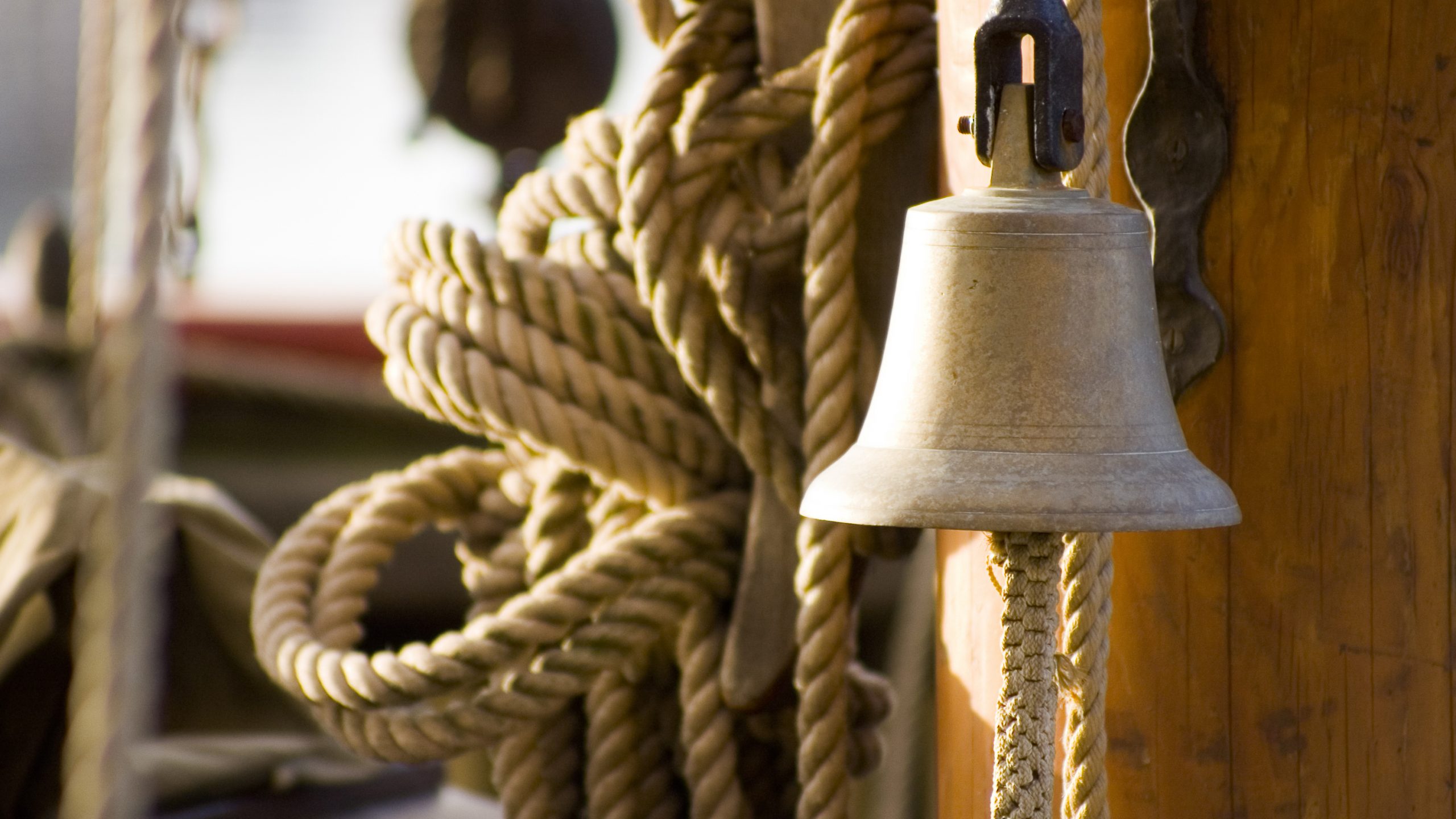A reminder of the preciousness of water leaves Libby Purves considering how used to regular access to water we have all become
Water management isn’t something we talk about enough on our cruising boats. Blue-water sailors think about it a lot, obviously, and we have, in our time, installed – and mothballed – two watermakers, both hungry for power (meaning fuel) and time. They drizzle out the desalinated supply while someone on board points out how many vital minerals we were going to be missing, rattling a pack of magnesium tabs.
Before that, I had the excitement in youth of allowing a much-needed shampoo for my hair (more of it then, and thicker) after three weeks of a slow tradewind crossing towards Barbados. We had been a week under unequal twin headsails, the mainsail down, and a sudden fierce rainstorm filled the bunt of it, dripping temptingly.
Exuberantly I dived for the shampoo, stood under it, got going, and… damn, the rain stopped, precious fluid drained away, sun mocking, my head looking like a dried up cappuccino.
Ours was not a skipper of great human sympathy, and his wife – I believed – was a secret dry-shampoo user in their vast stern cabin. So I was not allowed even a mugful to rinse. I had already been salty and sweaty and itchy for too long, so after a while of wheedling I was gloomily heading for the cockpit bucket to dip for some Atlantic and make my hair just salty and itchy but not soapy. But finally he relented.
It was a good, retro reminder of how fanatically careful a seagoing vessel should be about use and storage of fresh water; a link to history. Over the years we have hauled it by dinghy in plastic canisters filled from slow taps behind Irish bars, drawn hosepipes across the fishy decks of unwelcoming Scottish trawlers, and on islands where its preciousness is a daily anxiety for locals, waited anxiously for the magic switch-on time.
I still feel uneasy about people pressure-washing their decks in hot harbours, and the shower attachment in our heads is a rare and special thing, deserving sacred respect, like an audience with the Pope. However, the skipper reassures me, I remain the world’s fastest washer.
Article continues below…
Libby Purves calls time on the ship’s bell
Giles Coren, the mischievous Times columnist, wrote recently about objects which gradually vanish from familiar use, either because they are…
‘Being stuck in a lifeboat with a tiger is, to say the least, untypical’ – Libby Purves
I won’t be in theatres with a notebook as much as usual this month – time for some wider, wetter…
Anyway, unless you never strike out far from marinas with trustworthy hose attachments, you tend to think a lot about your water tanks, and conduct personal hygiene and dishwashing in a miserly, frugal spirit.
For years I even resisted electric galley taps, holding that honest hand-pumping was the true way, as per Admiral Nelson. It may have become a bit OCD, to be frank. But I grew up, and the boats got bigger, and Paul is very good at tankage management.
Until this summer, that is, when his sensible virtue backfired. He filled up, a few days before the first Channel crossing, just as the (privatised, pampered) Southwest Water admitted a pipe tainted with farm dung or whatever, and issued a boil-notice.
We learnt of cryptosporidium making people severely ill, and even the cats and dogs were shying away from their bowls.
And we had two full tanks of their product, and a new crew to set out with, while knowing that cryptosprodium was partying away in the bowels of the boat, which take ages to empty. Although the word was that the Dartmouth side was unaffected by the filth, that isn’t where the berths are.
So, given the need to economise on gas (bottle-difficulties remain ever since the Covid lockdown caravan craze) there followed a frantic search for the right fierce filtration for one tap, for purification tabs, separation for various needs, and purchase of a campers’ emergency plastic water butt with a tap that was to be filled with boiled water for teeth-cleaning.
In other words, back to the old days, or the dodgy tropics. And the fact is, it was probably very good for us, morally and environmentally speaking. Just as Ellen McArthur reminded us about how ocean sailors notice every sheet of kitchen paper they use, so we will now think carefully about clean water, like much of the world does.
703 million people worry about water every day, and carry it far. So I am giving a donation to WaterAid, and have a grudging feeling of gratitude to our awful water companies.
Enjoyed reading this?
A subscription to Yachting Monthly magazine costs around 40% less than the cover price, so you can save money compared to buying single issues.
Print and digital editions are available through Magazines Direct – where you can also find the latest deals.
YM is packed with information to help you get the most from your time on the water.
-
-
- Take your seamanship to the next level with tips, advice and skills from our experts
- Impartial in-depth reviews of the latest yachts and equipment
- Cruising guides to help you reach those dream destinations
-
Follow us on Facebook, Twitter and Instagram.






